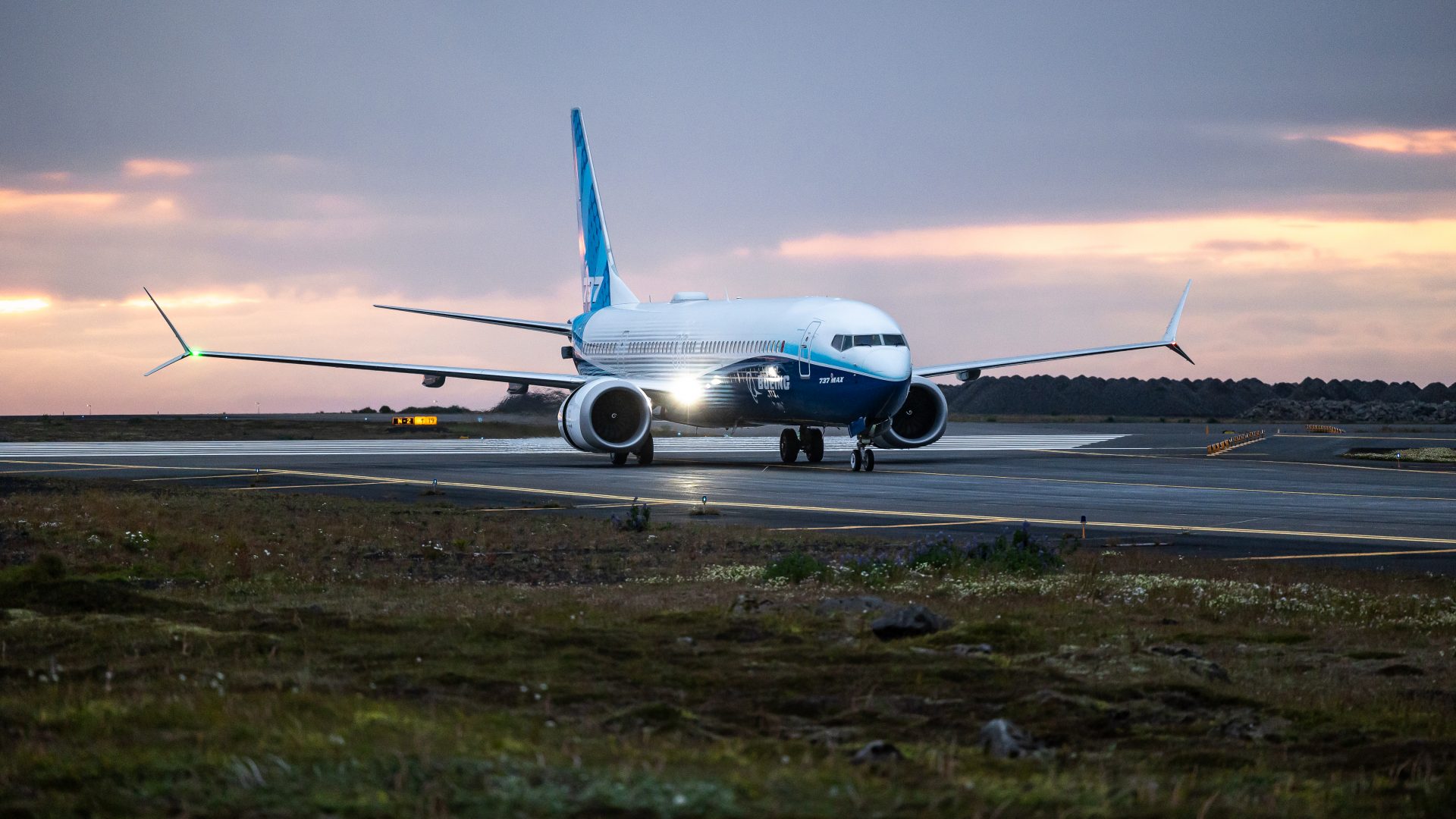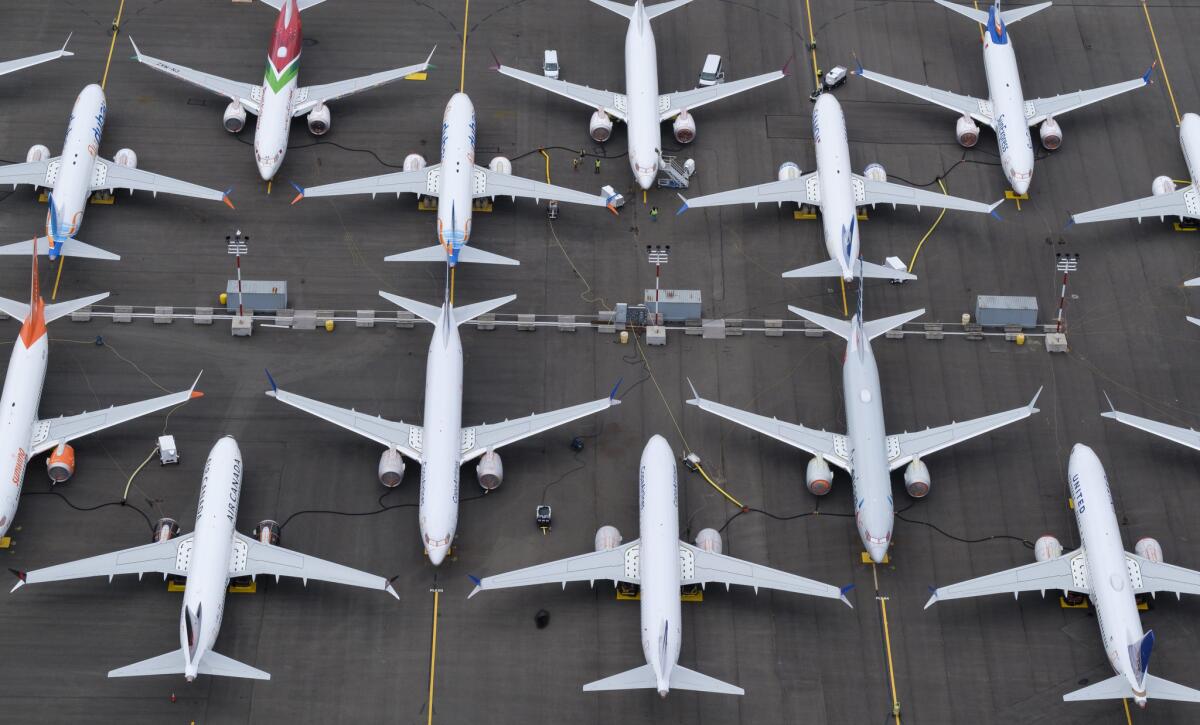In the world of aerospace, few stories have grabbed headlines as persistently as the saga surrounding Boeing’s 737 Max aircraft. The latest chapter unfolds at Spirit AeroSystems, a key supplier for Boeing, located in Wichita, Kansas. As Boeing grapples with its 737 Max fleet’s ongoing troubles, Spirit AeroSystems has been compelled to make substantial workforce reductions, with approximately 450 employees at its main plant facing layoffs. This plant is a major employment hub in the area, with around 13,000 people on its payroll.

Incident Sparks Regulatory and Operational Challenges
The troubles for Boeing’s 737 Max aren’t new but have certainly been compounded following a concerning incident earlier this year. An Alaska Airlines-operated Boeing 737 Max 9 experienced a significant malfunction when a door plug blew off shortly after takeoff from Portland, Oregon, heading to Ontario, California.
This incident prompted the Federal Aviation Administration (FAA) to halt further expansion of Boeing’s 737 Max aircraft production, citing the need for thorough investigations into the aerospace giant’s safety and quality control practices.
Owner: Royal Jet, Abu Dhabi
Aircraft: Boeing 737-700 BBJ
Interior: 23 VViP Seats, Mid Section lounge area, Master ensuite bedroom area with a queen sized bed, shower facilities, broadband WiFi enabled.
Rate: $ 18,000 USD/Hr.
Going to Atlanta? It'll be $543,000 at least. pic.twitter.com/j72ylXxV2w— Jasiri (@Jasiri_9line) May 20, 2024
For Spirit AeroSystems, the repercussions of this incident have been severe. The company not only supplies fuselages and other critical components for Boeing but also for Airbus, making it a pivotal player in the aviation manufacturing industry. Since the incident, multiple probes into its production practices and quality control measures have led to a marked slowdown in Boeing aircraft orders and deliveries—factors directly impacting Spirit’s decision to reduce its workforce.
Legal and Financial Strains
In a recent twist, Spirit AeroSystems has taken legal action against Texas Attorney General Ken Paxton, challenging an investigation launched in connection with the Alaska Airlines incident. Filed on May 1, the lawsuit argues that Paxton’s demands for company documents related to manufacturing issues constitute an unreasonable search and seizure, thus violating the company’s rights under the Fourth and Fourteenth Amendments.

This legal battle unfolds as Spirit AeroSystems confronts another grave situation—the untimely deaths of two Boeing whistleblowers, Joshua Dean and John Barnett, both of whom had raised alarms about alleged quality failures in aircraft production.
Spirit AeroSystems’ Impact Amid Boeing’s Turmoil
The ongoing saga has had a tangible impact on Spirit AeroSystems‘ financial health. The company’s shares dipped to $30.51, a decline of 1.55% following the announcement of the layoffs. This downturn is part of a broader trend that has seen Spirit’s shares fluctuate dramatically over the years, mirroring Boeing’s own financial trajectory.

As Boeing continues efforts to regain stability and possibly reintegrate Spirit AeroSystems—a company it spun off in 2005—the future remains uncertain. Negotiations with Airbus over control of Spirit factories that produce parts for Airbus jets add another layer of complexity to the situation. Meanwhile, investors and industry observers closely monitor these developments, understanding that the outcomes will significantly influence the aerospace sector’s landscape.
In conclusion, as Spirit AeroSystems navigates through these turbulent times, the aerospace industry watches keenly. The path forward is fraught with regulatory, operational, and financial challenges, but also opportunities for recovery and growth, contingent on strategic decisions made in boardrooms and courtrooms alike.









